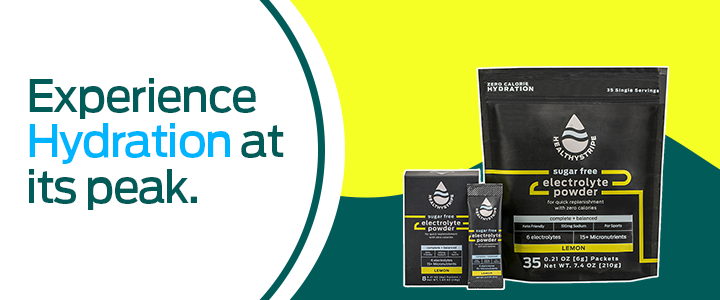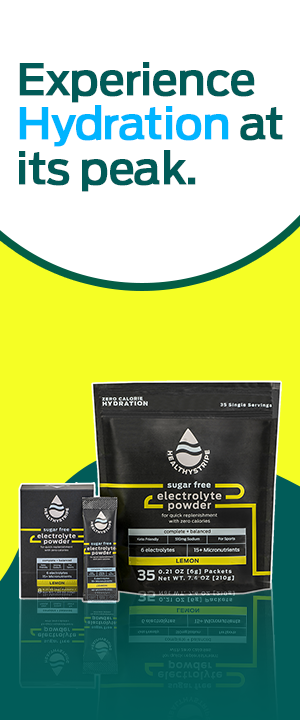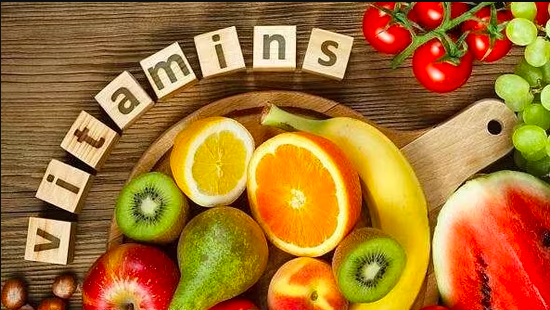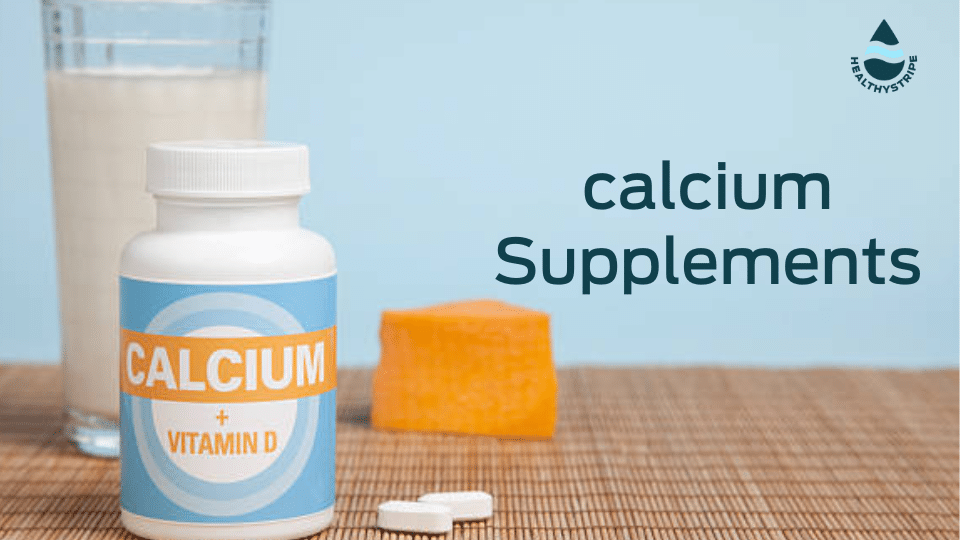
Vitamins are an essential component of our balanced diet. Antioxidants are naturally occurring chemicals found in our body and taken up in foods. Our bodies produce free oxygen molecules by the breakdown of food into smaller particles called free radicals. Antioxidants combat those enemies and help protect against their damage. Making measures towards a balanced diet includes adding food items containing antioxidants in them.
Natural foods containing antioxidants were given Superfood status due to their advantages. In early 1990, when research was conducted to understand artery-clogging, that’s when antioxidants gained the hype. It was studied to be associated with cancer, vision loss, and many other chronic conditions. In the search for a weapon against chronic diseases and a key to a healthy life, research and trials were conducted to show the relation of antioxidants with them.
What Is an Antioxidant?
Antioxidants are substances that inhibit oxidation or remove potentially damaging oxidizing agents in the body. It is not a substance found in one food or a substance. It is a capacity or, let’s say, the ability to perform a function in terms of chemistry, an electron donor.
Misconceptions about antioxidants exist among the general public that they are interchangeable. There is a whole crowd of types of substances performing the antioxidant function, and each of them is unique. To help you understand, many vitamins are antioxidants like vitamin C and E, but the benefits of vitamin C cannot be achieved by vitamin E.
Free Radical Damage
Free radicals are highly charged substances and are naturally produced in our body in response to the energy production from food. They are highly reactive. Normal chemical reactions include the production and elimination of these disastrous chemicals. However, the overproduction of these chemicals and our bodies’ inability to fight them off result in damage. This state is called oxidative stress. And that is why we need antioxidants. Our bodies’ regulatory and repair systems correct these oxidative pathways. However, free radical damage can lead to chronic diseases and cancers. This oxidation is boosted by cigarette smoking, stress and alcohol consumption, and pollution.
Research says that antioxidants are essential in the body’s defense system. It has also been evident through studies that antioxidants excess can become damaging. Large amounts of these substances can mess with the normal functioning of a cell empire, including the defenses and signaling routes.
Effects of Free Radical
Free radicals produced in the oxidation process can damage many structures like cell membranes, cell proteins, fats, and DNA. They rob electrons from these structures, and the series of this stress can result in irreversible damage. Many diseases like heart and liver diseases are the outcome of this given under as:
· Damage to the lens
· Damage to nerve cells
· Damage to the DNA of a cell
· Speed up the aging process
· Increase inflammation
· Clot the arteries to the heart
Sources of Antioxidants
Antioxidants are found in certain elements of foods like vitamins A, C, and E, and minerals like copper, zinc, and selenium. Plant-based chemicals called phytochemicals also have great antioxidant potential. They are found in tomatoes and cranberries.
Scientists created a rating tool for antioxidant potential called the Oxygen Radical Absorbance Capacity at the National Institute of Aging and the United States Department of Agriculture. However, due to conflicted results of studies about antioxidant usage, the list of those food items was removed 20 years later.
Vitamin Supplementation
There has been evidence that antioxidants are not as effective if taken in the form of supplements as compared to whole foods. Research shows that some vitamin supplements can increase the risk of cancer. For example, if vitamin A is taken in purified form, separated from whole foods, and given to smokers, it increases the risk of lung cancer. Similarly, a study considering vitamin E showed reduced effectiveness when taken in supplement form.
A well-balanced diet is consuming whole foods containing antioxidants. Dietary recommendations for antioxidants include taking them from 5 major food sources: fruits, vegetables, grains, dairy products, and poultry. However, if you consider adding supplements to your diet, consult your dietitian or your doctor.
Preserving Antioxidant Levels
Cooking methods of food items can alter the antioxidant content of them. Eating raw vegetables and fruits can provide wholesome benefits. As studied in the Journal of Preventive Nutrition and Food Sciences, the impact of different cooking methods of red pepper on its antioxidant content. Interestingly, roasting and stir-frying retain the antioxidant levels while boiling and steaming causes a reduction in them. Moreover, antioxidant drinks also provide antioxidants.
Water soluble vitamins like Vitamin C can be lost in water during cooking or boiling. However, tomatoes cooked in olive oil can increase the levels of lycopene in the blood. And stir-frying carrots significantly boost the absorption of beta-carotene.
The 7 Best Antioxidant Vitamins
Vitamins are an essential element of health. They are a beneficial component of our daily diet. We take them in fruits, vegetables, and nuts. Vitamins that are antioxidants and protect from the chain reactions of free radicals are given as:
The specific foods rich in antioxidant vitamins are eggs, milk, citrus fruits, green leafy vegetables, berries, carrots, peas, spinach, peaches, tomatoes, nuts, and legumes.
Vitamin C:
This is also known as ascorbic acid. And is a water-soluble vitamin. Vitamin C is found in Brussels sprouts, lemon, oranges, papaya, strawberries, sweet potato, bell pepper, and leafy green vegetables like kiwi, kale, cauliflower, and cantaloupe.
Vitamin E:
A fat-soluble vitamin that is selective in its action in protection against free radicals. It is found in leafy green vegetables( turnip, mustard, beans), avocado, almonds, peanuts, spinach, and sunflower seeds.
Vitamin A:
It is a richly found vitamin. Our daily consumption of food items containing vitamin A are egg yolks, milk, carrots, potatoes, and liver.
Carotenoids:
This group includes beta-carotenes and lycopenes. They are beneficial when cooking. Its sources are apricots, watermelon mangoes, peaches, grapefruit, and oranges in fruits. Vegetables containing carotenoids are beets, broccoli, carrots, cantaloupe, bell pepper, turnips, spinach, sweet potatoes, and tomatoes.
Vitamin K:
Vitamin K antioxidant properties are significant as they protect cells from damage by free radicals. The Vitamin K antioxidant action in chemical processes slows the aging process. They are found in green leafy vegetables like kale, spinach, turnip collards, lettuce, parsley, etc.
Phenolic Compounds:
Plant-based items contain phenol-based compounds that are responsible for antioxidant action. Apples, wine, and onions contain quercetin; tea, cocoa, and berries contain catechins; spices contain coumaric acid; and blueberries have a special agent called anthocyanins.
Flavonoids and Isoflavonoids:
They are found in tea, wine, citrus fruits and apples, soybeans and lentils.
Zinc:
It is a mineral found abundantly in beef, shrimp, poultry, cereals, cashews, chickpeas, pumpkin seeds, and sesame seeds.
Selenium:
It is a micro-nutrient found in fish, shellfish, beef, poultry, brown rice, and Brazil nuts.
The Global antioxidant vitamins market is expected to increase 20 million dollars by 2028.
Source: https://www.databridgemarketresearch.com/reports/global-antioxidant-vitamin-market
Antioxidant Vitamins and Their Benefits
Antioxidants are incredibly beneficial to your diet. They are vitamins, minerals, and polyphenols. Whole foods contain a mixture of these healthy elements that benefit your immune system and fight against diseases by neutralizing free radicals. However, there have been mixed results in the research on the benefits of antioxidants. A study in 2010 showed no advantage of antioxidants against prostate cancer prevention. Similarly, in the search for agents to lower the risk of Lung Cancer, antioxidants showed no useful results.
- Protection against Heart Diseases and Stroke
Antioxidants have been studied to play a role in protecting DNA damage caused by free radicals. This damage can cause cardiovascular disease. Many studies have shown the role of a plant-based diet in protecting against heart disease. Among the antioxidants that are vitamins, vitamin C effectively protects the heart. Other antioxidants have not been shown to play a role in this. According to the Journal of Clinical Nutrition, people with high levels of vitamin C in their blood reduce the risk of stroke by fifty percent.
Antioxidants that are vitamins are selective in their action and beneficial. With heart disease, vitamin E and beta-carotenes are not recommended because they may increase the risk of damage, and consultation with a doctor is necessary when taking these supplements.
- Strengthen Immune System
In the role of the immune system to fight against diseases, antioxidants are very helpful. They protect against cellular damage and reduce inflammation. Inflammation is a major factor in the development and worsening of diseases like arthritis, obesity, autoimmune diseases, and cardiovascular diseases. Antioxidants like vitamin C are protective in the mechanics of these diseases and suppress the chronic inflammatory processes.
- Reduce the Risk of Cancer
It has been studied that antioxidants and cancer have a connection. Intake of vitamin C and A and other antioxidants helps protect against many types of cancer. Cancerous cells multiply very fast, and antioxidants help in killing them.
Antioxidants are used as medicines in cancer treatment; for example, retinoic acid derived from Vitamin A is a cancer treatment for Lung, Prostate, Breast, Ovarian, Oral, and Skin cancers. Studies also show that this retinoic acid, if taken from natural food sources, is better than when taken in supplements.
- Prevent Cognitive Decline
Neurodegenerative diseases are studied to find the role of oxidative stress in the disease process. A diet full of nutrients can efficiently reduce the risk. In the Journal of the American Medical Association of Neurology, foods rich in Vitamin C and E can reduce the risk of Alzheimer’s and dementia. People with a general nutrient-rich diet, like Mediterranean people, are safe from these diseases.
- Slowed Aging
Free radicals are made up naturally in our bodies, producing destructive effects on cells and tissues. Antioxidants protect against them. Free radical damage can cause many diseases and can fasten the aging process. Their effects can produce a chain of reactions and proliferate the damaging entity. Antioxidants that are vitamins are protective against this cellular, enzymatic, and DNA damage.
- Eye Health and Vision
Antioxidants like Vitamin C, vitamin E, and beta carotenes show protective effects in eye-damaging diseases. With age, vision falls, and the macula can degenerate. The eye vitamins like lutein and xanthine found in natural foods like vegetables and fruits travel to the macula of the eye and protect it from these enemies. They are named as macula carotenoids. A rich source of these is spinach. Similarly, vision-supporting antioxidants are found in berries and grapes called Flavonoid antioxidants.
Conclusion
Antioxidants are the good molecules in our body that scavenge the free radicals. Under environmental pressures and natural as well, free radicals produce a series of reactions that have damaging effects in the form of inflammation, eye and heart diseases, and aging. We can have antioxidants produced by our body and take them through a diet. The sources are mainly plant-based foods.
Examples of antioxidants that are vitamins are Vitamin A, vitamin C, vitamin E, beta-carotene, lycopene, lutein, and minerals like zinc and selenium. The food sources are labeled as superfoods. Cooking food can have an impact on the antioxidant content available. An important part of antioxidants study is that they should not be taken in excessive amounts. Moreover, caution is needed concerning antioxidant supplements.
Which vitamin is not an antioxidant?
Vitamin B12 is a nonconformist in the world of antioxidants. Unlike its antioxidant vitamin counterparts, it does not protect against free radicals. On the contrary, it is very effective in energizing your body and keeping your senses in peak condition. Vitamin B12 strengthens your nervous system and helps make DNA in cells.
Which fruit has the most antioxidants?
Blueberries are the king of antioxidants among fruits. These little indigo gems contain powerful anthocyanins, which give natural color to these berries and protect the body from oxidative stress. Along with their antioxidant role, they also are anti-inflammatory and help lower blood pressure. They are nature’s secret weapon for longevity.
Is B12 an antioxidant?
Unfortunately, vitamin B12 does not have the antioxidant magic. On the contrary, it is a cellular conductor that controls energy production and emotional harmony. Vitamin C, vitamin K, and Vitamin E are the antioxidant treasuries, while vitamin B12 helps you make healthy genetic material and promotes the health of your nerves.









